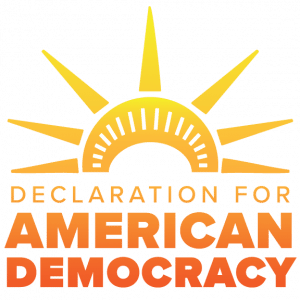This Week in 200 Words
This week, we saw two major victories for voting rights: a federal court struck down an unfair financial obstacle barring formerly incarcerated Floridians from voting; and another federal court struck down North Carolina’s strict voter ID law, protecting access to the ballot box in November. Washington state is mulling a law that would require counties to get clearance before imposing new voting and election rules. North Dakota legislators have introduced a bill to expose dark money in state elections. And Illinois lawmakers are collaborating across the aisle to pass redistricting reform.
In other news, New Hampshire students have set an example of how youth voter turnout can overcome voter suppression and shape elections. And a watchdog has sounded the alarm about foreign-backed dark money donors lobbying the IRS to remove key donation reporting restrictions.
National News
Salon – New Hampshire primary showed how student turnout can overcome voter suppression
[I] n 2016, New Hampshire Gov. Maggie Hassan, a Democrat, was elected to the U.S. Senate by a 1,017-vote margin. Even though both parties spent millions on the campaign, the key to Hassan’s victory was thousands of college and university students who registered to vote and cast ballots on Election Day.
The power of student voting was noted by Republicans who took over New Hampshire’s legislative and executive branches in early 2017. They soon passed a law to suppress student voting with a sly hidden poll tax. It required out-of-state students who voted and drove to get a New Hampshire driver’s license and register their cars with the state within 60 days. The law has been challenged in court, and litigation is ongoing.
[…] The GOP law targeting student voters is sly because New Hampshire, otherwise, is a voter-friendly swing state. It is one of the few GOP-led states with same-day voter registration. It also is among the few states that allow registrants to sign an affidavit if they lack any documents attesting to their identity, citizenship or age. In other words, there was no apparent Election Day obstacle to voting. But there can be additional expenses should new voters be out-of-state students who drive or own cars.
The Intercept – Foreign-Funded Dark Money Groups Lobby IRS to Repeal Remaining Reporting Requirements
Dark-money groups backed by foreign corporate donors are supporting the Trump administration’s decision to roll back one of the last remaining ways for authorities to monitor the flow of unlawful campaign cash in American elections.
[…] The one check on foreign contributions to dark-money groups has been the Schedule B form, which reports 501(c) donor information confidentially to the Internal Revenue Service. Under a new rule proposed last September by the Treasury Department and the IRS, nonprofits will no longer be required to report donor information, even to the government, allowing an unprecedented level of secrecy.
Lobbyists for foreign-funded groups have pushed the administration to move forward with the rule, which is close to being finalized.
[…] The U.S. Chamber of Commerce, the largest business lobby organization in the world, spent over $10 million to influence the last 2018 midterm election cycle using its general fund. The group, which has foreign corporate donors, has lobbied in support of the IRS rule to repeal the Schedule B requirement, claiming in a letter to officials that the accidental leak of donors could reduce corporate free speech rights.
State Updates
Washington – Washington State Wire – Voting rights bill introduced in session’s fifth week
[…] The bill would require certain counties, cities and towns to get preclearance from the state to utilize new voting qualifications or other voting practices.
This type of change to election practices in any given jurisdiction could include adding at-large seats to the governing body, changing district seats to at-large seats, re-drawing district lines to reduce the voting population in that district by more than five percentage points, any change that limits voting materials to populations that don’t speak English or changes to voting center or ballot drop box locations.
The jurisdictions in question would have to prove in court that any new voting prerequisite, standard or practice does not deny anybody the right to vote or create a barrier to voting. The attorney general would also have to approve the new practice before it is instituted. Additionally, the attorney general would also be required to raise an objection in superior court if the new voting prerequisite is found to hinder someone’s right to vote.
North Carolina – Washington Post – State appeals court temporarily blocks voter ID law in North Carolina
A second court has temporarily blocked North Carolina’s new voter identification law on the argument that it discriminates against African Americans. The ruling reduces the likelihood that the rule will be in effect in a key swing state during November’s elections.
A three-judge panel of the North Carolina Court of Appeals ruled Tuesday that intent to discriminate was a “primary motivating factor” behind the voter ID law, which passed the Republican legislature in late 2018. Triggered by a ballot measure, the law requires voters to produce an acceptable form of photo ID before casting a ballot but excludes types of identification disproportionately held by African Americans.
North Dakota – KYFR – ND Dark Money Bill circulating
[…]The bill calls for political non-profits to list the names of their donors and the amounts given.
If someone wanted to donate to a political campaign, they would be capped at $2,800 per candidate. But to donate more than that, they can donate to what’s called a Super PAC, which is a non-profit organization for political and social campaigns.
Super PACs don’t have the $2,800 limit nor any other limit. However, Super PACs aren’t required to disclose who’s donating to them. A bill draft by State Representative Karla Rose Hanson would for Super PACs to disclose who is giving them money.
Illinois – Belleview News-Democrat – Illinois Democrats and Republicans want an end to gerrymandering. Here’s their plan.
A bipartisan coalition of state lawmakers and advocacy groups announced an effort in both chambers Thursday, Feb. 13, to overhaul the way Illinois’ legislative districts are drawn.
Legislators from Chicago, its suburbs and downstate are backing a state constitutional amendment — twin measures in the Senate and House — shifting district mapmaking power from politicians to a 17-person commission whose members would be representative of state demographics.
[…] People ineligible for the commission include: lobbyists; persons appointed, running for or elected to a position with the state, federal, or local government; a paid consultant or campaign representative of a political candidate or political action committee; an individual with an ownership interest in an entity with a state, local or federal contract; and appointed or elected officials of a political party.
[…] A poll last year by Southern Illinois University found 67 percent of Illinoisans want district maps created by an independent commission rather than the Legislature.
Florida – The Hill – Court sides with ex-felons who challenged Florida voting requirement
A federal appeals court on Wednesday upheld an injunction of a Florida law that barred ex-felons from voting if they had not paid fines and other fees related to their sentences.
The U.S. Court of Appeals for the 11th Circuit agreed with a previous district court’s rule halting the law, which was passed by state Republicans in 2019 after a constitutional amendment went through the year prior enfranchising former felons. The three-judge panel ruled that the law violates the Equal Protection Clause because it unconstitutionally bars a class of felons from voting based only on their wealth
“It is undeniable that the [law’s legal financial obligation] requirement punishes those who cannot pay more harshly than those who can,” the appeals court said Wednesday. “We affirm the district court’s preliminary injunction enjoining the defendants … from preventing the plaintiffs from voting based solely on their genuine inability to pay legal financial obligations.”

